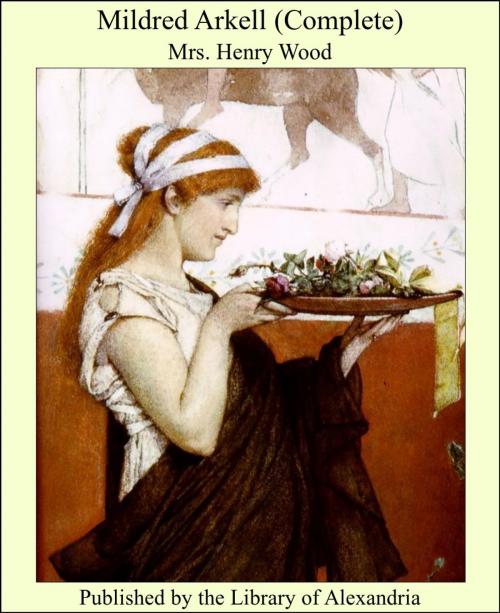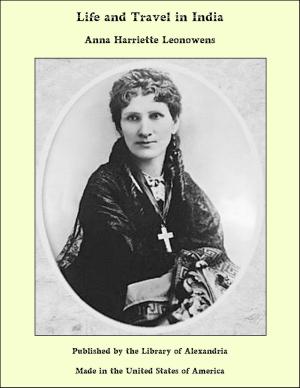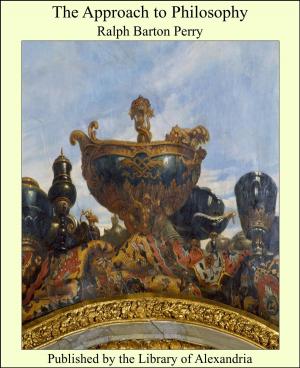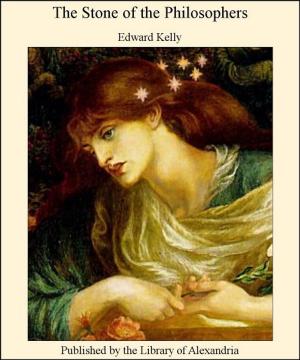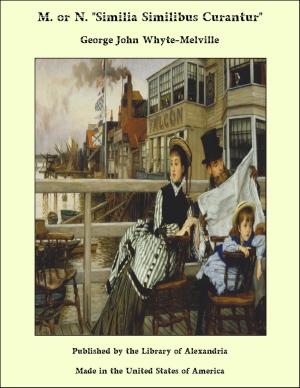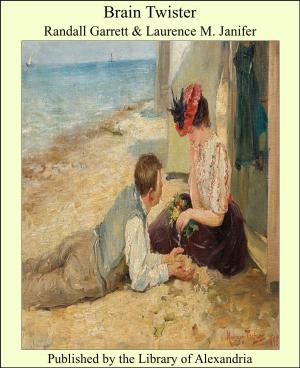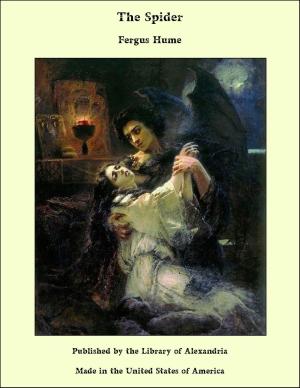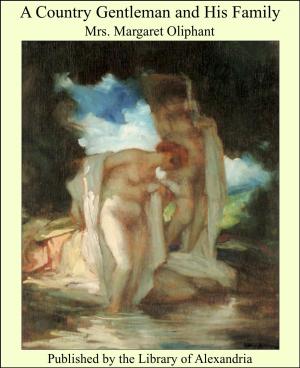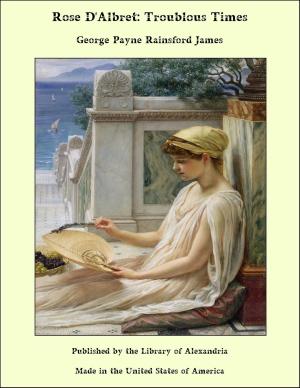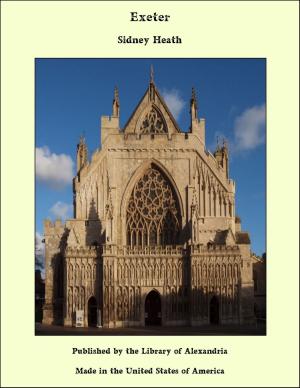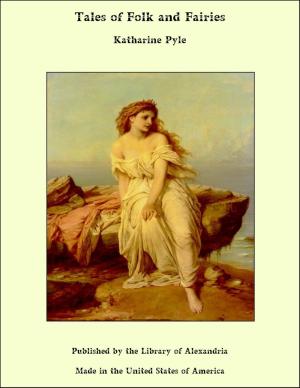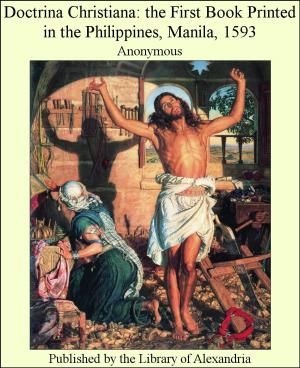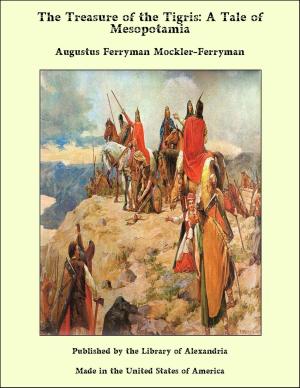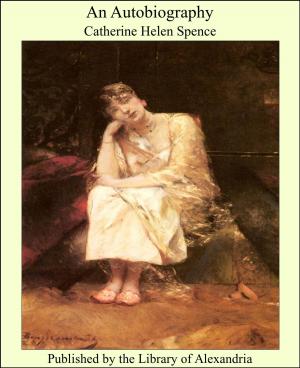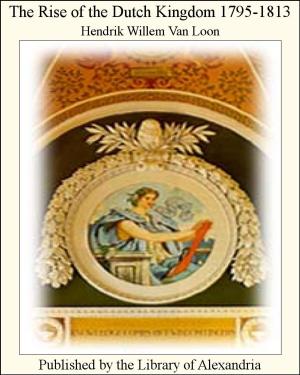Mildred Arkell (Complete)
Nonfiction, Religion & Spirituality, New Age, History, Fiction & Literature| Author: | Mrs. Henry Wood | ISBN: | 9781465527776 |
| Publisher: | Library of Alexandria | Publication: | March 8, 2015 |
| Imprint: | Language: | English |
| Author: | Mrs. Henry Wood |
| ISBN: | 9781465527776 |
| Publisher: | Library of Alexandria |
| Publication: | March 8, 2015 |
| Imprint: | |
| Language: | English |
I am going to tell you a story of real life—one of those histories that in point of fact are common enough; but, hidden within Themselves as They generally are, are thought to be so rare, and, if proclaimed to The world in all Their strange details, are looked upon as a romance, not reality. Some of The actors in this one are living now, but I have The right to tell it, if I please. A fair city is Westerbury; perhaps The fairest of The chief towns in all The midland counties. Its beautiful caThedral rises in The midst, The red walls of its surrounding prebendal houses looking down upon The famed river that flows gently past; a caThedral that shrouds itself in its unapproachable exclusiveness, as if it did not belong to The busy town outside. For that town is a manufacturing one, and The aristocracy of The clergy, with that of The few well-born families time had gaThered round Them, and The democracy of trade, be it ever so irreproachable, do not, as you know, assimilate. in The days gone by—and it is to Them we must first turn—this feeling of exclusiveness, this line of demarcation, if you will, was far more conspicuous than it is now: it was indeed carried to a pitch that would now scarcely be believed in. There were those of The proud old prebendaries, who would never have acknowledged to knowing a manufacturer by sight; who would not have spoken to one in The street, had it been to save Their stalls. You don't believe me? I said you would not. NeverTheless, I am telling you The simple truth. and yet, some of those manufacturers, in Their intrinsic worth, in Their attainments, ay, and in Their ancestors, if you come to that, were not to be despised.
I am going to tell you a story of real life—one of those histories that in point of fact are common enough; but, hidden within Themselves as They generally are, are thought to be so rare, and, if proclaimed to The world in all Their strange details, are looked upon as a romance, not reality. Some of The actors in this one are living now, but I have The right to tell it, if I please. A fair city is Westerbury; perhaps The fairest of The chief towns in all The midland counties. Its beautiful caThedral rises in The midst, The red walls of its surrounding prebendal houses looking down upon The famed river that flows gently past; a caThedral that shrouds itself in its unapproachable exclusiveness, as if it did not belong to The busy town outside. For that town is a manufacturing one, and The aristocracy of The clergy, with that of The few well-born families time had gaThered round Them, and The democracy of trade, be it ever so irreproachable, do not, as you know, assimilate. in The days gone by—and it is to Them we must first turn—this feeling of exclusiveness, this line of demarcation, if you will, was far more conspicuous than it is now: it was indeed carried to a pitch that would now scarcely be believed in. There were those of The proud old prebendaries, who would never have acknowledged to knowing a manufacturer by sight; who would not have spoken to one in The street, had it been to save Their stalls. You don't believe me? I said you would not. NeverTheless, I am telling you The simple truth. and yet, some of those manufacturers, in Their intrinsic worth, in Their attainments, ay, and in Their ancestors, if you come to that, were not to be despised.
